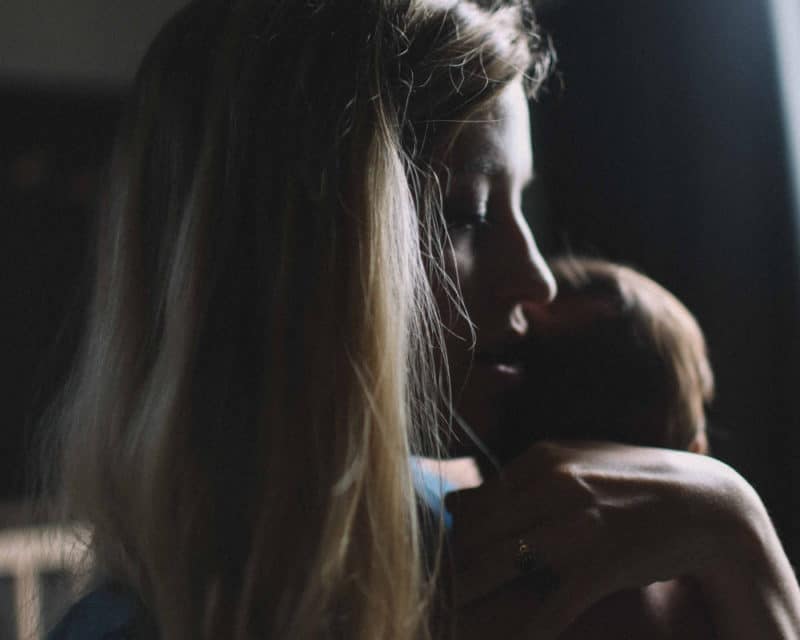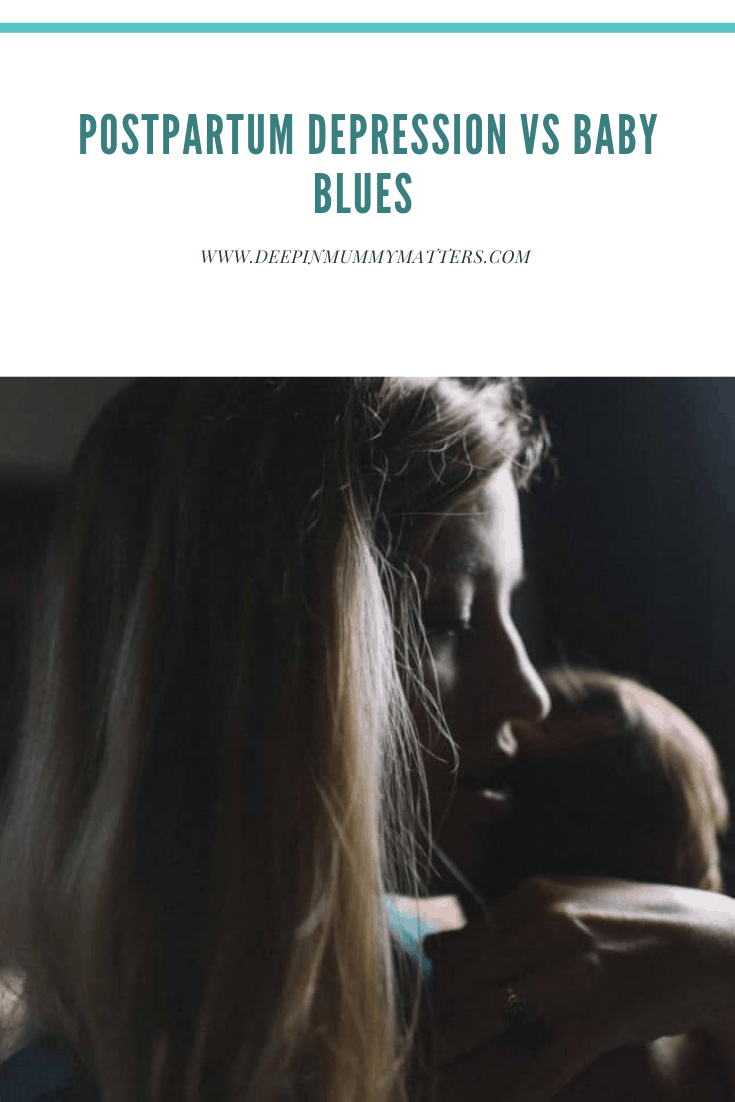Having a baby is a massive change for any new mother. Moms expect it to be the best moment of their lives and that they will feel over the moon, happy and proud at the miracle of new life. However, often the opposite happens. New mums can feel moody, irritable, sad, and overwhelmed.

Feeling this way for a while is completely normal. After giving birth, a woman’s hormone levels drop, which affects mood. Your newborn may be waking up at all hours, meaning a severe lack of sleep, and this alone can make you irritable.
You may be worried about the safety and well-being of your newborn and whether you have the skills to manage it. This all compounds to create stress that you may have never dealt with before.
You Are Not Alone
Remember that many new mothers deal with these severe ups and downs. Up to 80% of new mothers get what is called the “baby blues”. This is a short-term dip in mood caused by all the changes that come with a newborn.
These feelings can begin when a baby is 2 or 3 days old. However, they will usually start to fade and should disappear by the time your baby is one or two weeks old.
If you have feelings of sadness that persist for a lot longer than this, you may have postpartum depression. If untreated, the symptoms of postpartum depression can get gradually worse instead of improving over time. This change in mood is more severe and lasts longer than the baby blues. Around 10% of women are estimated to suffer from postpartum depression. If you have previously had bouts of depression, or it runs in the family, your likelihood of suffering from it is increased.
To ensure good mental and physical health leading up to and after birth, choosing the right healthcare professionals and a supportive gynaecologist is vital. If you live in a big city, you may see a gynaecologist London.
How do you know if you are suffering from baby blues or postpartum depression?
The Baby Blues
Baby blues are the feelings of sadness you may experience in the first few days after having a baby. It can affect up to four out of five new mothers. It doesn’t matter what age, race, income bracket, education, or cultural background you come from.
Hormonal changes that happen after birth are the primary cause of the baby blues. After delivery, the amount of estrogen and progesterone being produced by the body suddenly decreases. This can lead to mood swings. For some women, the hormones produced by the thyroid gland may drop off sharply, leading to feelings of tiredness and depression. Not getting enough sleep and not eating well may compound these feelings.
Emotional issues can also contribute to the baby blues. You are feeling nervous about taking care of your newborn or worrying about how your life has changed? These kinds of thoughts can contribute to the feeling of sadness.
Symptoms of the Baby Blues
These may include:
- Feeling angry or sad.
- Feeling tearful and weepy.
- Feeling moody or grumpy.
- Feeling anxious.
- Having trouble sleeping or eating.
- Having difficulty making decisions.
- Feeling overwhelmed.
- Feeling like you won’t be a good mother and doubting your abilities.
- Feeling lonely and isolated from friends and family.
- Having trouble concentrating
- Feeling like you don’t want to eat or take care of yourself.
It’s essential to be aware that up to 10% of partners who didn’t give birth can also suffer from the baby blues. Lack of sleep, relationship problems, and stress can all contribute to this change in mood. Men might also have a change in hormone levels after birth. It’s possible that testosterone levels can fall, and estrogen levels can rise. Cortisol, vasopressin, and prolactin levels may all rise. All of these factors can contribute to feelings of depression.
What Should I Do?

The baby blues usually go away on their own after a couple of weeks. In the meantime, you can:
- Try to get plenty of sleep.
- Ask for help from family and friends.
- Take time out for yourself.
- Try to connect with other new parents or support groups.
- Don’t drink alcohol or take drugs.
- Eat healthy foods and get exercise if possible.
Postpartum Depression
If you experience a more severe, longer-lasting depression, you are likely suffering from postpartum depression. This isn’t a character flaw or a weakness. Prompt treatment may help you to manage your symptoms and enable a better bond with your baby.
Postpartum depression may at first be mistaken for baby blues. However, the signs and symptoms are more intense and last longer. Postpartum depression will begin to affect your ability to care for your newborn and handle daily tasks.
The symptoms usually develop within a few weeks of giving birth. However, they can also start during pregnancy or up to a year after birth.
Symptoms of Postpartum Depression
These may include:
- Feeling very depressed.
- Severe mood swings.
- Constant crying.
- Having difficulty bonding with your baby.
- Withdrawing from your loved ones.
- Loss of appetite or overeating.
- Insomnia or sleeping too much.
- Fatigue or complete loss of energy.
- Intense anger and irritability.
- Losing interest in things you used to enjoy.
- Fear about being a bad mother.
- Feeling hopeless
- Feeling worthless.
- Feeling shame or guilt.
- Not being able to think clearly.
- Feeling very restless.
- Severe anxiety and panic attacks.
- Thinking of hurting yourself or the baby.
- Thinking of death or suicide.
Untreated, these symptoms may last for months or longer. As with baby blues, new fathers can also experience postpartum depression, especially if they have a personal or family history of depression. Relationship problems or financial struggles can also contribute.
What Should I Do?
Postpartum depression is much more severe than baby blues. It is advised to book an appointment with your local doctor as soon as possible. If your signs of depression are not fading after two weeks, are getting worse, are making it hard to complete tasks, making it hard to care for your baby, or include thoughts of self-harm or harming your baby, then it is advised to call your doctor as soon as possible.
In Summary
More than 80% of women suffer from baby blues after birth and will usually fade after two weeks. The dip in mood can be managed by making sure to look after yourself during this challenging transition. A significant cause is a change in hormone levels after giving birth.
Postpartum depression is far more severe and lasts longer. Up to 10% of new mothers suffer from postpartum depression. Remember, there is nothing wrong with asking for help. Postpartum depression is a severe condition and needs to be addressed as soon as possible.

